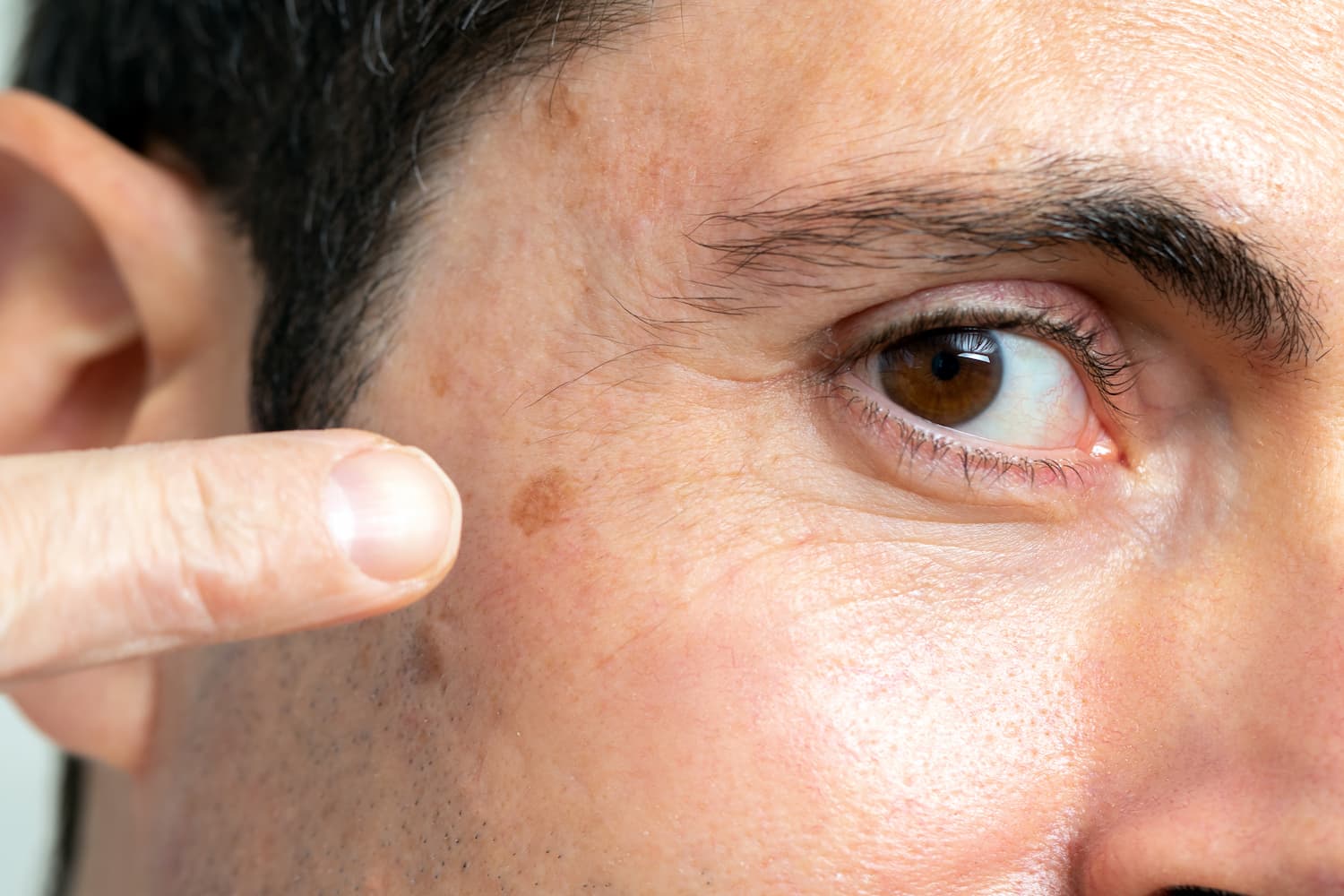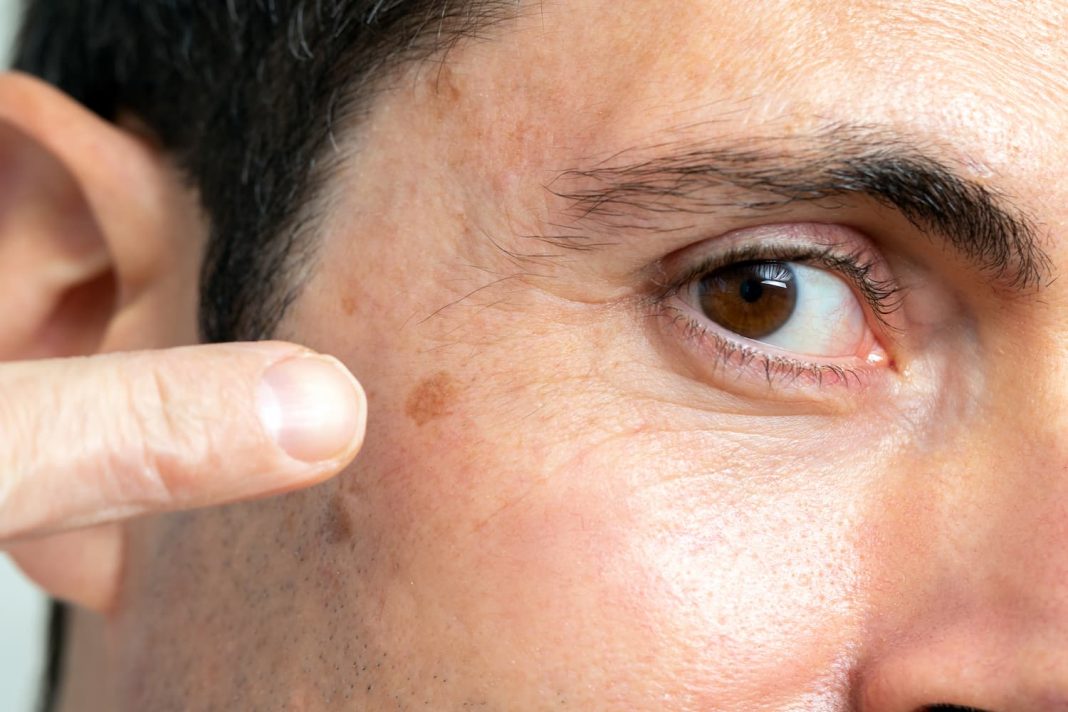 Moderna and Merck have released promising data on their experimental vaccine, which has shown positive results in patients with the deadliest form of skin cancer when combined with the therapy Keytruda. The data, presented at the American Society of Clinical Oncology annual meeting, demonstrates that the vaccine, alongside Keytruda, improves survival rates and exhibits long-lasting efficacy in midstage studies.
Moderna and Merck have released promising data on their experimental vaccine, which has shown positive results in patients with the deadliest form of skin cancer when combined with the therapy Keytruda. The data, presented at the American Society of Clinical Oncology annual meeting, demonstrates that the vaccine, alongside Keytruda, improves survival rates and exhibits long-lasting efficacy in midstage studies.
One notable finding from the data is that nearly 75% of patients who received the combination treatment were alive without any signs of cancer returning after 2½ years. This is compared to 55.6% of patients who received Keytruda alone. Importantly, this benefit was observed across different patient subgroups, regardless of tumor mutation count or levels of the PD-L1 protein that regulates immune responses.
Dr. Kyle Holen, Moderna’s head of development, therapeutics and oncology, emphasizes that this data highlights the potential for the vaccine to help a wide range of melanoma patients. Furthermore, the overall survival rate after 2½ years for patients who received the vaccine in combination with Keytruda was 96%, compared to 90.2% for those who received Keytruda alone.
The companies previously announced that patients with severe forms of melanoma who received the combination treatment were 49% less likely to die or have their cancer return compared to those who received Keytruda alone after three years. The combination treatment also reduced the risk of melanoma spreading or death by 62%. These findings demonstrate the significant impact the vaccine can have in preventing disease progression and improving patient outcomes.
In terms of side effects, the most common ones associated with the vaccine were fatigue, injection site pain, and chills. However, these were generally mild. Patients who received the combination treatment reported slightly higher immune-related side effects.
The vaccine utilizes the same mRNA technology as Moderna’s Covid vaccine and is custom-built based on an analysis of a patient’s tumors after surgical removal. It is designed to train the immune system to recognize and attack specific mutations in cancer cells. Moderna’s CEO, Stephane Bancel, expressed excitement about reducing the time between tumor analysis and vaccine administration.
While Merck’s Keytruda is already approved for melanoma treatment, it belongs to a class of immunotherapies that target a protein aiding cancer’s evasion of the immune system. The FDA has granted breakthrough therapy designation to the cancer vaccine for melanoma treatment, aiming to expedite its development and review. Moderna also plans to file for accelerated approval with the FDA, which would enable faster access to the vaccine for patients with serious conditions and unmet medical needs.
Melanoma accounts for the majority of skin cancer deaths, and its incidence has been rapidly increasing over the years. In the US alone, it is estimated that 100,000 people will be diagnosed with melanoma this year, resulting in nearly 8,000 deaths. Recognizing the urgent need for effective treatments, Moderna and Merck are conducting phase-three trials on the combination treatment for late-stage melanoma, with progress exceeding expectations so far.
Additionally, Moderna is conducting a separate phase-three trial of the vaccine in patients with lung cancer. The company has also initiated mid- to late-stage trials in patients with advanced stages of common skin cancer, kidney cancer, and bladder cancer. These ongoing studies highlight the potential of the vaccine to revolutionize cancer treatment and improve patient outcomes across various cancer types.


